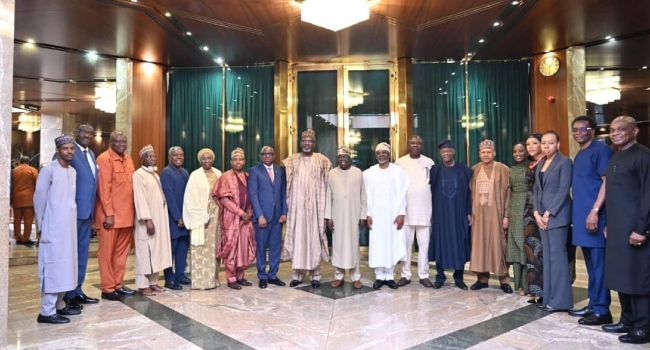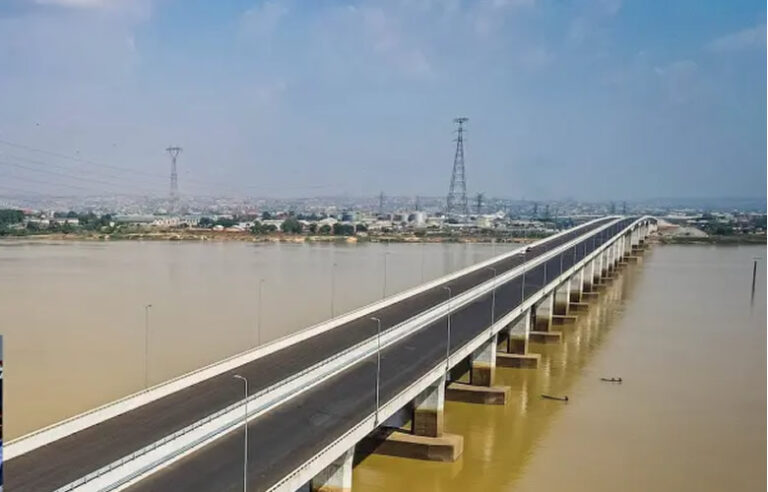
The Emerging Africa & Asia Infrastructure Fund, a private infrastructure development group managed by ninety-one, has secured $325m in new debt facilities to support infrastructure development across Africa and Asia.
The new raise brings EAAIF’s total recent capital mobilisation to $620m, surpassing its earlier target of $500m ahead of the 2025 deadline. The fund plans to deploy over $1bn into infrastructure projects in emerging markets by 2028.
EAAIF stated that the debt raise reinforces its position as a leading partner for investors seeking scalable and sustainable opportunities in the infrastructure debt market. The fund is rated A2 by Moody’s.
Allianz Global Investors led the financing round with a €100m commitment on behalf of Allianz Group. Other contributors include South Africa’s ABSA with $75m, Standard Bank with $50m, Sumitomo Mitsui Banking Corporation with $50m, and Sweden’s development finance institution, Swedfund, with €40m.
The new financing builds on EAAIF’s $294m raise secured in 2024 and is expected to drive investments in digital economies, energy transition, and power sector transformation across developing regions.
The fund noted that the capital would be used to address climate finance gaps and promote sustainable economic development. According to EAAIF, only about 23 per cent of Africa’s climate finance needs are currently being met.
Co-head of EM Alternative Credit at Ninety-One and Managing Director of EAAIF, Martijn Proos, said the fund’s ability to attract global capital reflects confidence in its strategy and impact-driven investment approach.
Since its establishment in 2001, EAAIF has committed over $3bn to more than 125 infrastructure projects across 25 countries and 10 sectors in Africa and Asia.
PIDG Chief Executive Officer Philippe Valahu described the milestone as a key step in achieving the group’s goal of mobilising $25bn in additional finance and delivering $9bn in new commitments by 2030.
Swedfund’s CEO, Maria Håkansson, emphasised the importance of closing Africa’s infrastructure financing gap, while Standard Bank, SMBC, and ABSA reaffirmed their commitment to supporting projects that align with long-term sustainability and economic development goals.
EAAIF is a blended finance vehicle backed by the governments of the United Kingdom, the Netherlands, Switzerland, and Sweden.
SOURCE : PUNCH




